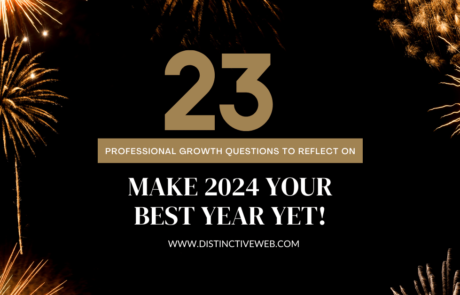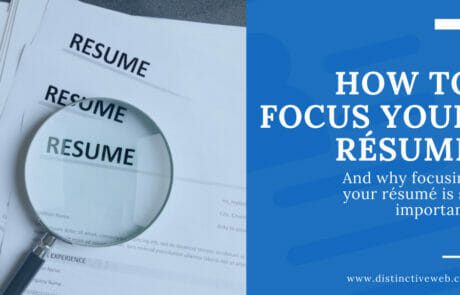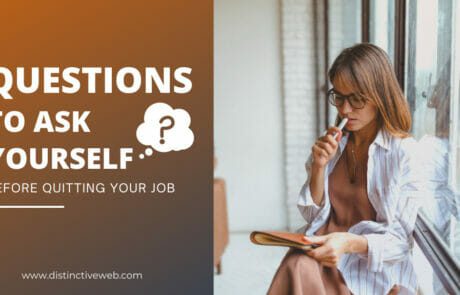
“Interviewing”.
Yes, we know. We feel your pain. No matter how much we try to tell ourselves otherwise, a job interview is usually not a good time, ranking somewhere below attending traffic school among things we look forward to.
Sure, interviewing for a new job can be exciting, but it’s hardly ever fun (an example of how those two words don’t mean the same thing).
Now, we’re not suggesting that a job interview should necessarily be fun. It can, however, be much more interesting (and perhaps even less stressful) if you remember that interviewing is a two-way street. Yes, you’re there to be considered for a job. But is it a job you really want if it’s offered to you?
Short of being hired and actually working in the position, you can’t know for sure. You can, however, use interviewing to evaluate the organization at the same time the organization is evaluating you.
There are many important questions you can ask during a job interview, most of which you won’t have time for, of course.
The important thing to remember is that you should ask questions designed to give you insight into the organization and also demonstrate that you are truly interested, that you have come to the interview prepared. Before we list some of those questions, keep the following in mind:
Plan the plan. Research the organization and the industry/profession. For example, the website can give you not only information about the company but also clue you in about whether it’s conservative or “hip”. The website will likely illustrate the company’s communication style. In short, a company website is usually an indicator of an organization’s personality.
Web research may also give you a heads up on trends, new developments and perhaps even news about challenges the organization is facing, or even recent successes.
Although more subtle (but no less important), research will help you avoid asking questions the answers to which the interviewer expects you to know. For example, are you calling a non-profit organization a company?
Are you using terminology appropriate for the company or industry? Does your question indicate a lack of awareness that this company has recently been involved in significant, newsworthy events?
Connect. Interviewing is what we call it, but conversation is what it really is. Think about it. Haven’t your best interviewing experiences involved connecting with the person(s) across the table via an engaging give and take of information and ideas?
Your questions can set the tone for that level of dialogue, especially if you focus on what the interviewer has disclosed about his/her interests, priorities, even biases.
If your research turns up something of particular interest to you, attempt to weave it into the interview, especially if you have some experience with the issue.
Here then, are a few of what we believe are the most important questions you can ask while interviewing:
- What are the biggest challenges faced by the company today?
- How do you see the person hired for this position (“hopefully me”, you say with a smile) contributing to meeting those challenges?
- What does the company perceive to be it’s major assets? What gives you your competitive advantage?
- What three skills or characteristics are considered essential to success in this position?
- Is there a skill set the company is seeking that it feels it doesn’t have enough of?
- What does a typical workday/workweek look like?
- What is the culture of the company? The department in which I would be working?
- What personality type does well in this position?
- Could you describe the organizational structure? Where would I fit in?
- What are the next steps in the process?









